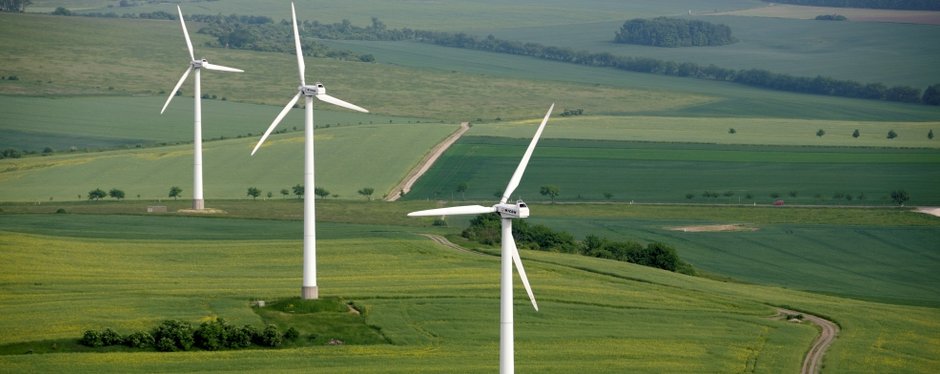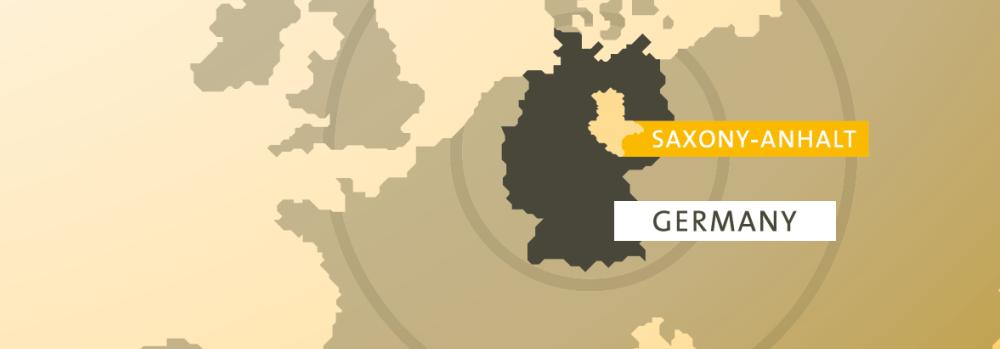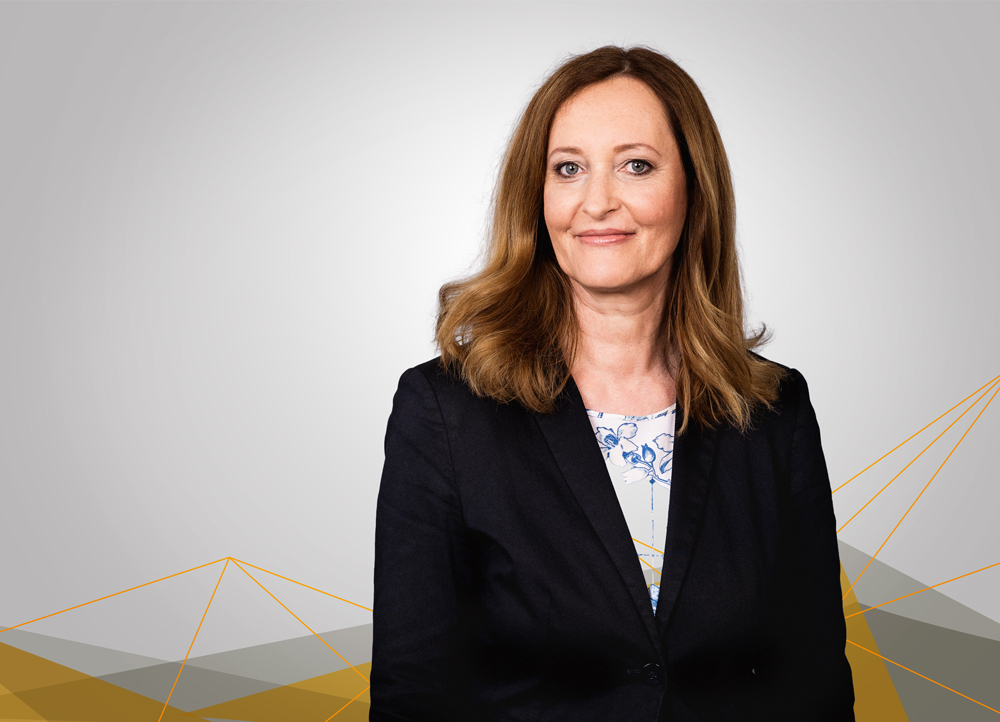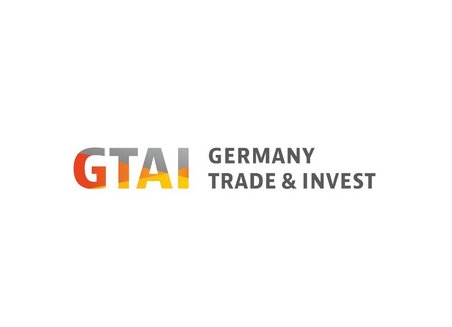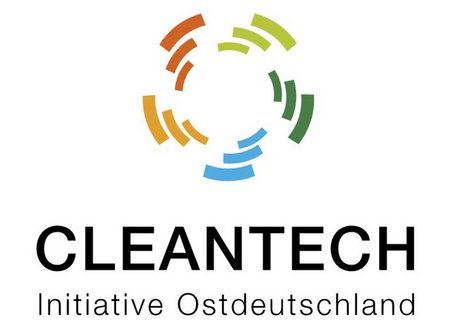CLEANTECH CLUSTER OPPORTUNITIES IN EASTERN GERMANY
Innovative Water Technologien for Smart Cities
From the 26. - 28. June, Germany Trade & Invest (GTAI) organizes a roadshow in the USA about business opportunities for U.S. and Canadian Cleantech companies in Eastern Germany, in cooperation with the CLEANTECH Initiative Ostdeutschland (CIO), the German-American Chambers of Commerce as well as Wirtschaftsförderung Sachsen GmbH and IMG Sachsen-Anhalt. The locations will be Seattle, Vancouver and Los Angeles.
Organisation: Germany Trade & Invest (GTAI)
Partner:
- CLEANTECH Initiative Ostdeutschland (CIO)
- German American Chamber of Commerce (GACCNY)
- Wirtschaftsförderung Sachsen GmbH
- IMG - Investitions- und Marketinggesellschaft Sachsen-Anhalt
- AHK USA (GACC West)
- AHK Kanada (Canadian German Chamber)
Saxony-Anhalt's water industry
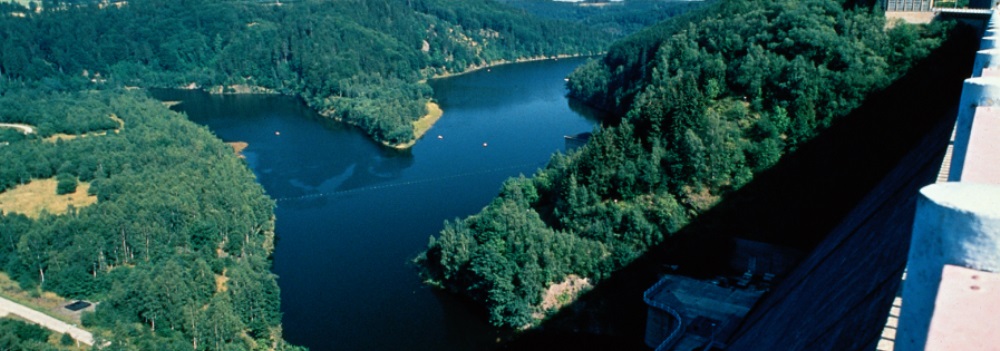
Saxony-Anhalt’s water technology firms are developing innovative applications in various fields. Examples are:
HOLLAND Filter
Holland Filter is a in Blankenburg located manufacturer, lessor and supplier of several different types and models of filterinstallations for the cleansing and the filtration of a multitude of liquids.
CARBONIT Filtertechnik GmbH
Since 1997, Carbonit Filtertechnik in Salzwedel has been developing and producing internationally patented and TÜV-tested filter elements for the treatment of drinking water. Carbonit is the market leader in Germany and Europe.
MOL Katalysatortechnik GmbH
The technology-oriented company from Merseburg focuses on the development, production and sale of qualitatively new mineral-metal catalysts and related technologies for the production of pure air and clean water as well as solar technologies.
Nanostone Water GmbH
Nanostone Water manufactures a unique high surface area ceramic ultrafiltration membrane module for municipal and industrial water/wastewater treatment. Headquartered in the USA, the company has state of the art ceramic manufacturing operations in Halberstadt, Saxony-Anhalt.
Sidra Wasserchemie Bitterfeld GmbH
SIDRA Wasserchemie produces and sells ferric chemicals (iron(III)) for water treatment and wastewater treatment.
Helmholtz Centre for Environmental Research – UFZ Magdeburg
The UFZ is one of the world’s leading research centres in the field of environmental research, enjoying high social recognition. It demonstrates ways in which a sustainable use of our natural resource base is possible for the benefit of both humankind and the environment. At its location in Saxony-Anhalt's state capital Magdeburg, the focus is on three fields: aquatic ecosystem analysis, river ecology and marine research.
Discover the cleantech region Saxony-Anhalt
At our companies, Cleantech stands for the aim to increase efficiency, output and productivity through the use of innovative processes, products or services – always with an eye on the environment: emissions and waste are to be reduced and natural resources are to be protected.
Six areas of expertise in Saxony-Anhalt accommodate the idea to a particular degree:
- energy generation
- energy storage
- energy efficiency
- raw material/material efficiency
- the circular economy and
- the water industry.
Centres of knowledge such as the research network Energieavantgarde Anhalt e.V. are moving an entire region to contribute to shaping the energy transition on a decentralised and connected basis. Additionally, the BioEconomy Cluster as well as the circular economy and the resource industry are working on connecting and marketing the special expertise and the strong technological positioning of these companies.
Background: Water technologies in Germany
Pioneering environmental policy and a supportive legal framework have helped establish Germany as one of the leading markets for sustainable water technologies. With a world market share of 11 percent and expected growth of almost 12 percent annually until 2025, Germany offers attractive opportunities for innovative water technologies. Climate change, urbanization, and digitalization are only some of the drivers creating demand for new solutions that guarantee higher efficiency and water quality standards.
On city level, more than 90 percent of all major German cities are actively developing concepts and strategies for adaptation to climate change (UBA, 2018). In Eastern Germany, the Roof Water Farm project in Berlin is just one example how smart city solutions, such as innovative decentralized urban water management, can counteract and prevent urban climatic effects.

